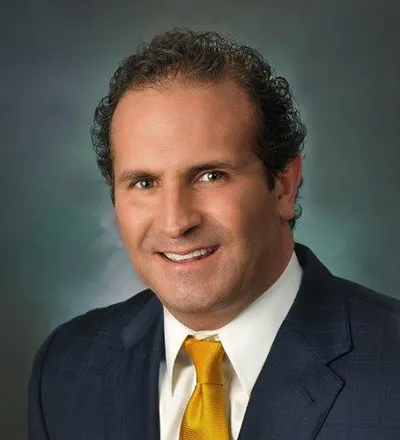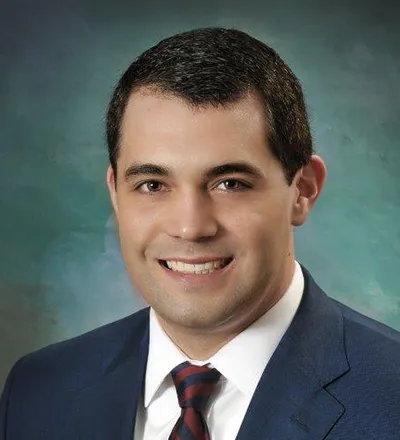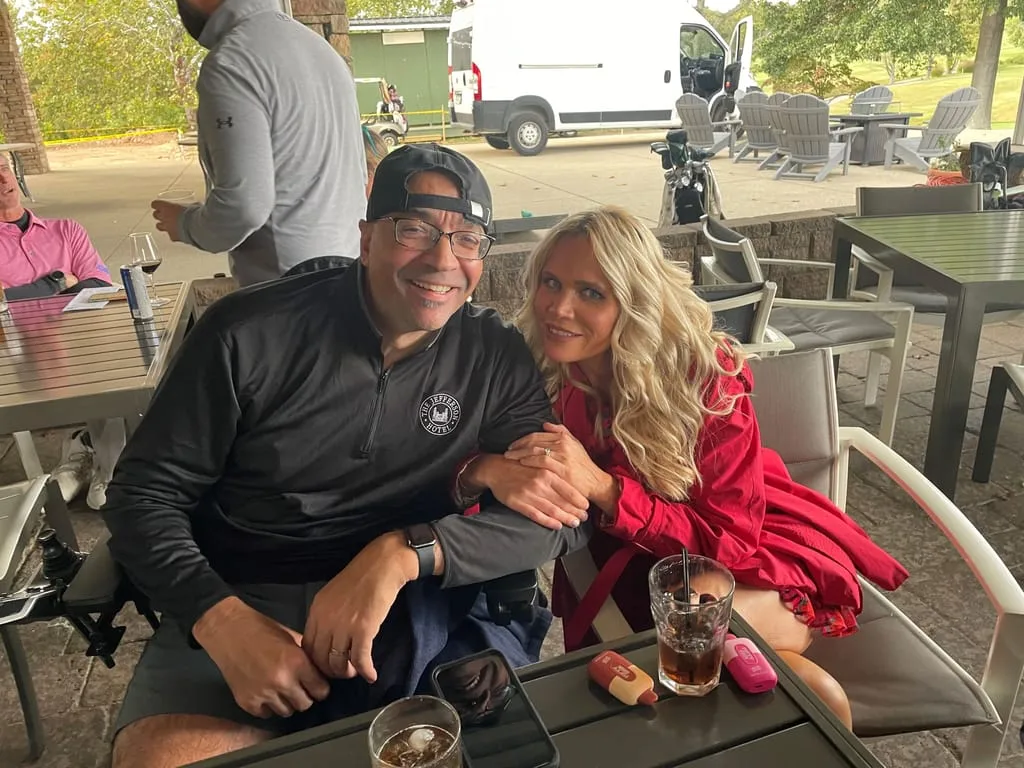
- posted: Sep. 20, 2023
- Estate Planning
A living trust is a popular means of transferring money and property to heirs and other beneficiaries without a will. You can move assets into the trust and, as the trustee, use them during your lifetime as you see fit. At your death, the trust assets are taken over by your appointed successor trustee, who manages and distributes them according to your prior instructions. These actions are all done privately. The property in the trust does not have to go through the will probate process, thereby saving your beneficiaries considerable time and expense.
You may be wondering whether you need a will if you can instead use a living trust to transfer property. The answer is yes. A will can complement the living trust and make sure all your estate planning goals are accounted for, including those that can’t be accomplished through the trust alone.
A will set up in conjunction with a living trust is often called a pour-over will, because it catches any assets that were left out of the trust and bequeaths them to the trust. This arrangement prevents those assets from being distributed in ways you didn’t intend. For example, you might purchase a house after creating your living trust but never get around to transferring the house to the trust. If you pass away without a will, the house could end up in intestacy, which means it would be distributed to your heirs according to a statutory formula. This may not have been your preference. But a pour-over will serves as a backup plan. It can leave the house and any other left-out assets to the trust, so that they will be managed and distributed according to the trust’s instructions.
Wills can also be used to accomplish things that West Virginia law does not allow trusts to do, including naming an executor, leaving instructions for handling debt and taxes and setting up guardianships for minors.
It is true that a will may have to go through probate, but the probate will likely be limited in scope, since most of the assets are passing through the trust. West Virginia in fact has a simplified procedure for small estates, defined as those with $100,000 or less in real property and $50,000 or less in personal property. These assets can be transferred through the filing of an affidavit by the personal representative named in the will, without need of a formal probate proceeding.
At Pullin, Fowler, Flanagan, Brown & Poe, PLLC, our West Virginia attorneys build comprehensive estate plans using living trusts, pour-over wills and other tools to help clients accomplish their estate planning goals. We have offices in Charleston, Morgantown, Beckley and Martinsburg. Please call 304-344-0100 or contact us online anytime.

























































